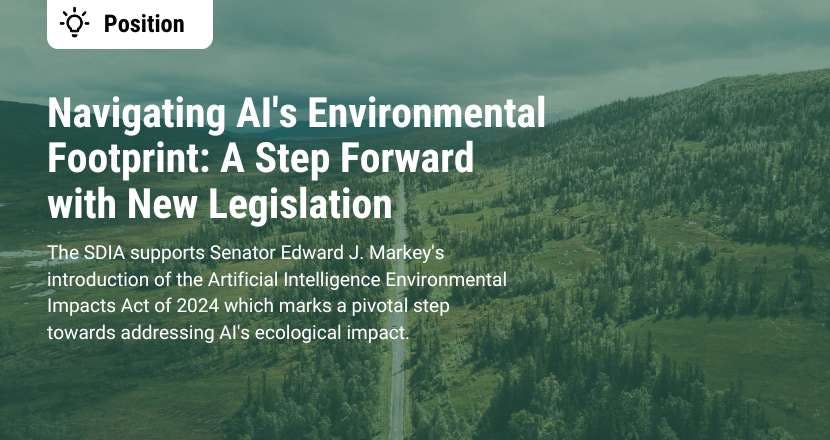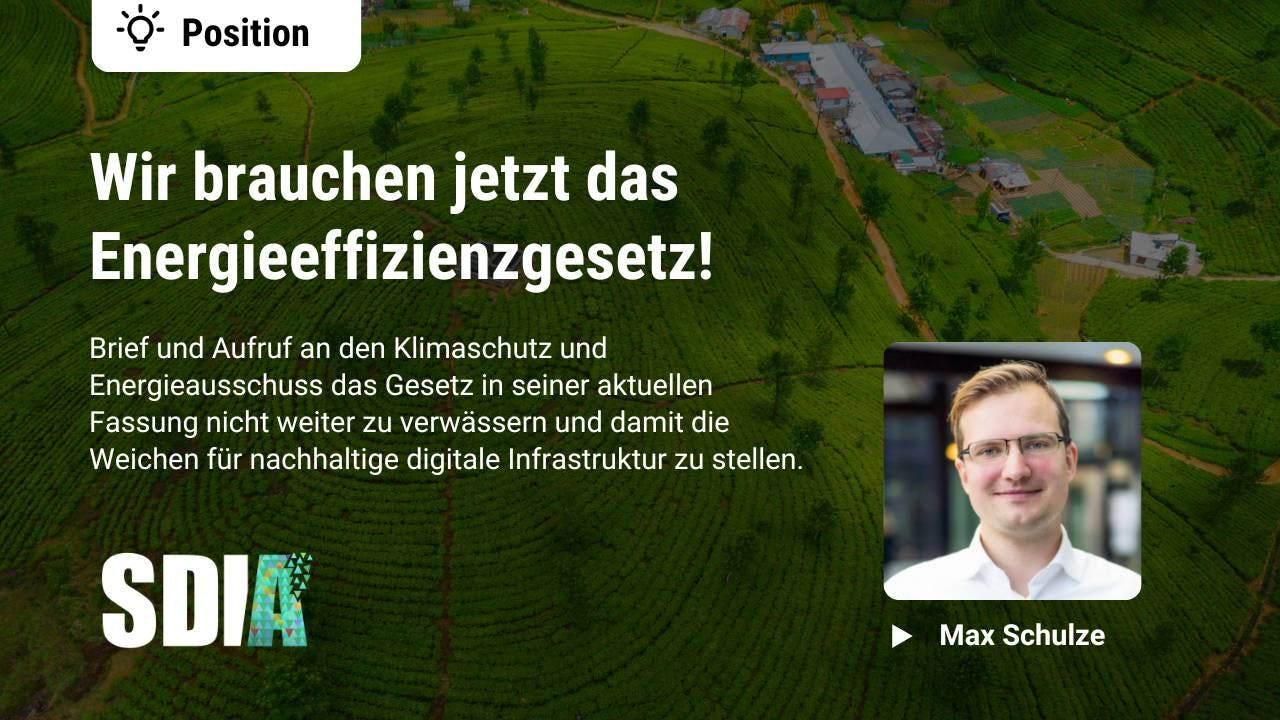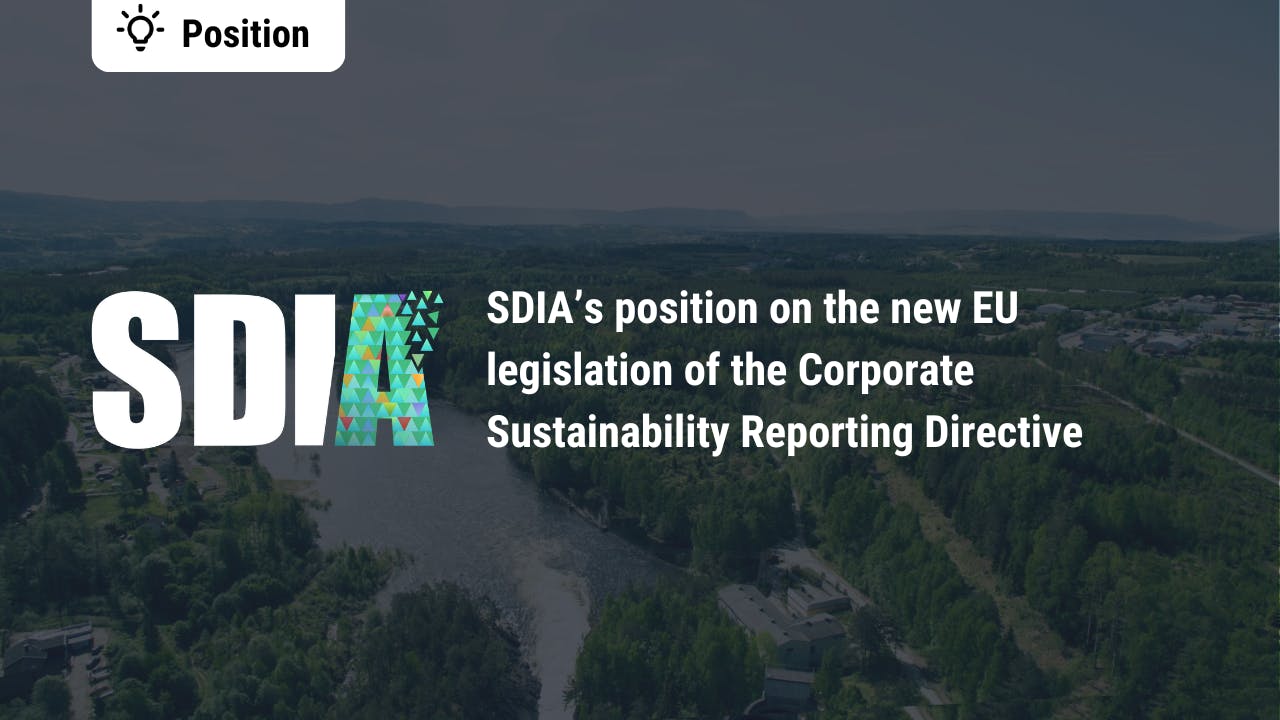In an era marked by rapid technological advancements, artificial intelligence (AI) emerges as a double-edged sword, possessing the capability to both address and exacerbate environmental challenges. The introduction of the Artificial Intelligence Environmental Impacts Act of 2024 by Senator Edward J. Markey, along with Senator Martin Heinrich, Representative Anna Eshoo, and Representative Don Beyer, marks a pivotal step towards understanding and mitigating the environmental repercussions of AI. This legislation proposes a comprehensive framework for assessing AI's ecological footprint, highlighting the urgent need for a balanced approach in the development and deployment of AI technologies.
At the heart of this legislation is the directive for the National Institute of Standards and Technology (NIST) to establish standards for measuring AI's environmental impact and create a voluntary reporting framework for AI developers. This initiative acknowledges the dual nature of AI's influence on the environment. On one side, AI has the potential to catalyze environmental preservation efforts, such as enhancing clean energy innovation, refining weather prediction models, and optimizing cooling efficiencies. Conversely, the escalating deployment of AI technologies is linked to significant environmental concerns, including the potential doubling of data center electricity demand by 2026, water usage for cooling purposes, and an increase in electronic waste due to the demand for AI chips.
Senator Markey eloquently captures the essence of this duality, stating, “There is a Dickensian quality to the use of AI when it comes to our environment: It can make our planet better, and it can make our planet worse.” He further emphasizes the legislation's goal to ensure that the evolution of AI technologies does not come at the expense of our planet's health. This initiative reflects a collective effort to guide AI's development towards a future that harmonizes technological progress with environmental stewardship.


.jpg?ixlib=gatsbyFP&auto=compress%2Cformat&fit=max&rect=0%2C44%2C600%2C800&w=600&h=800)

